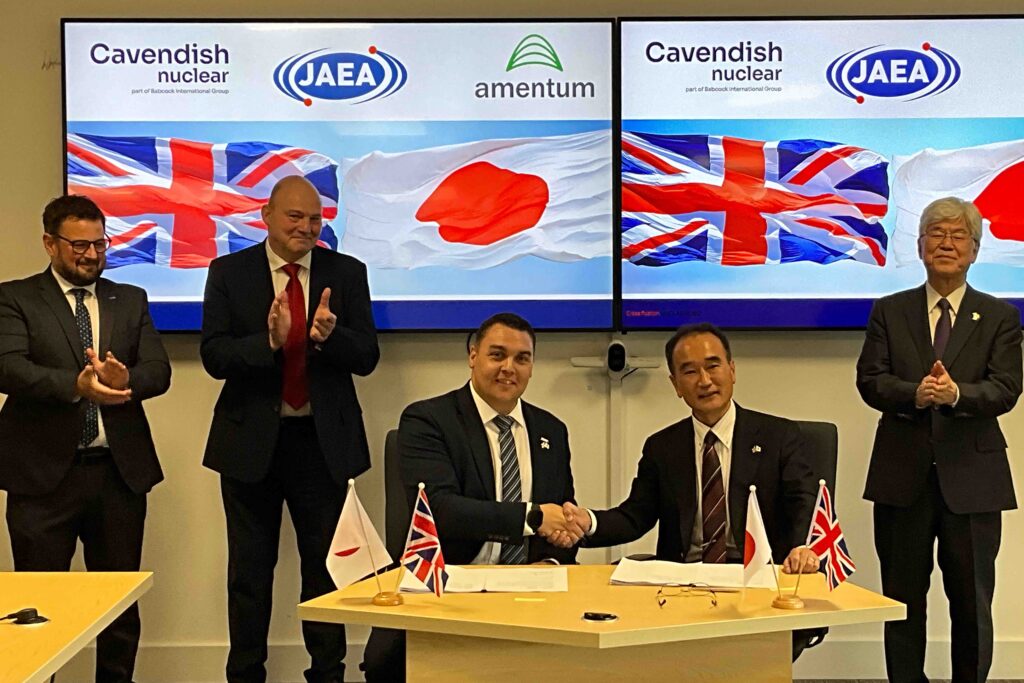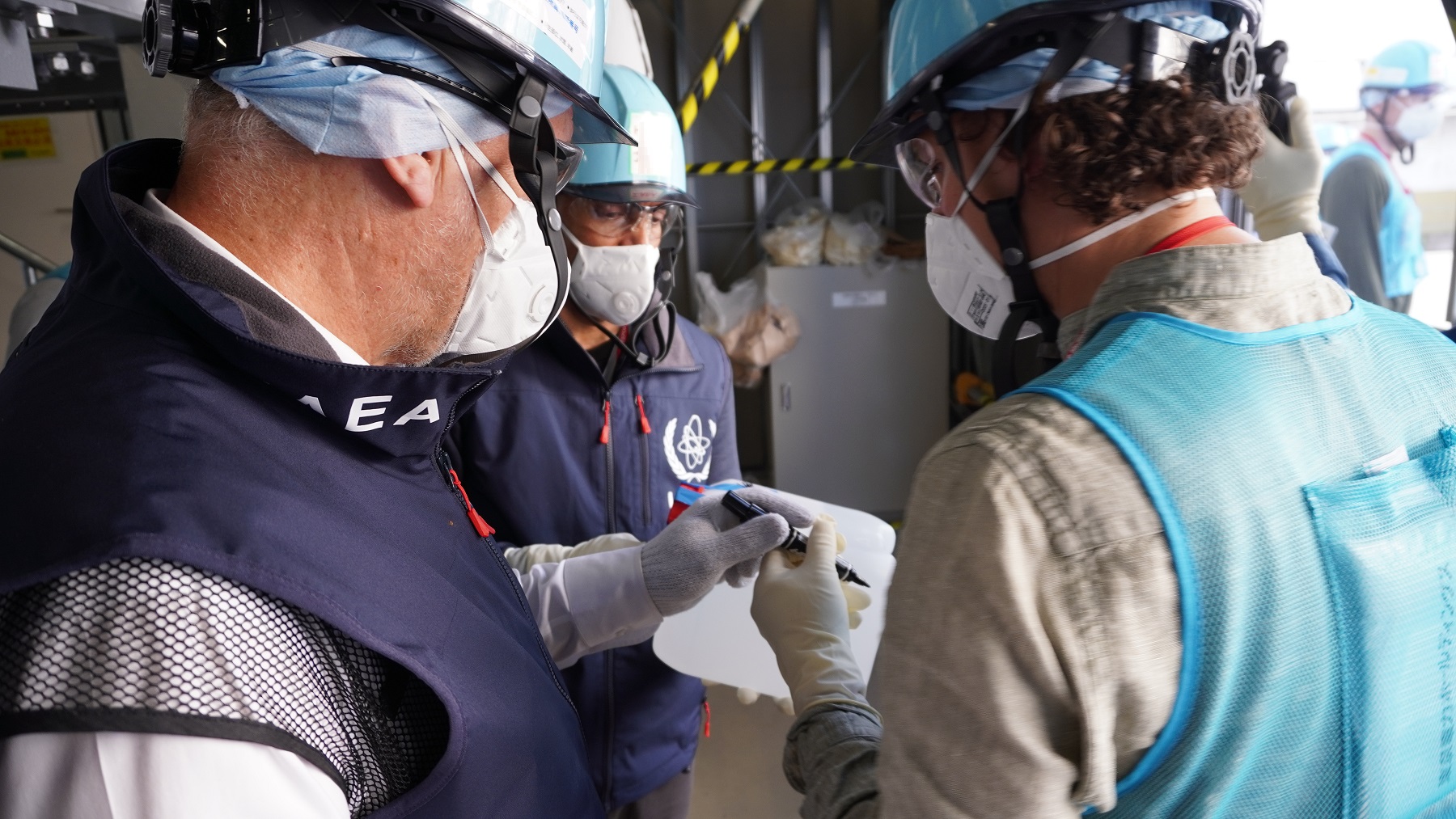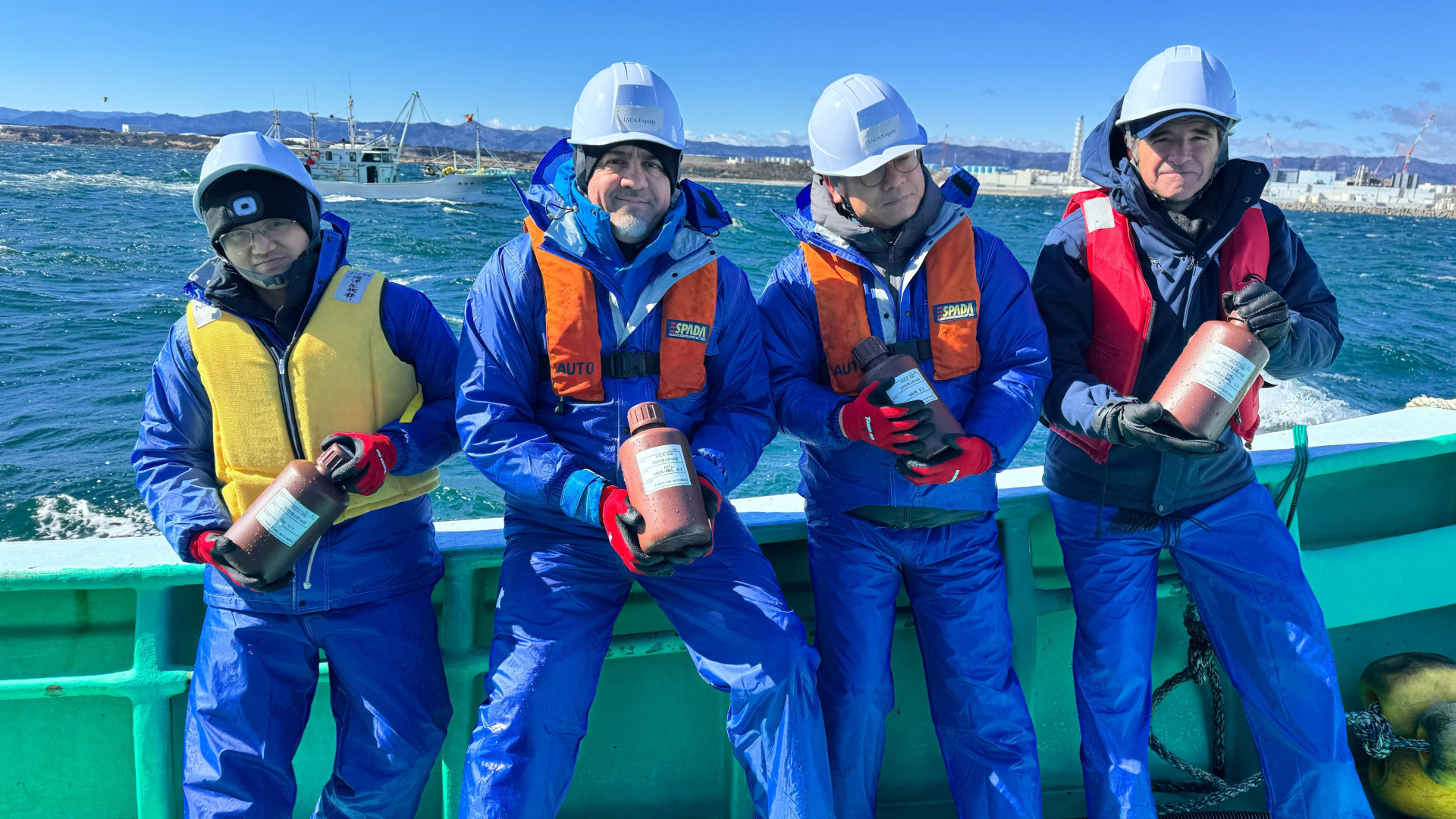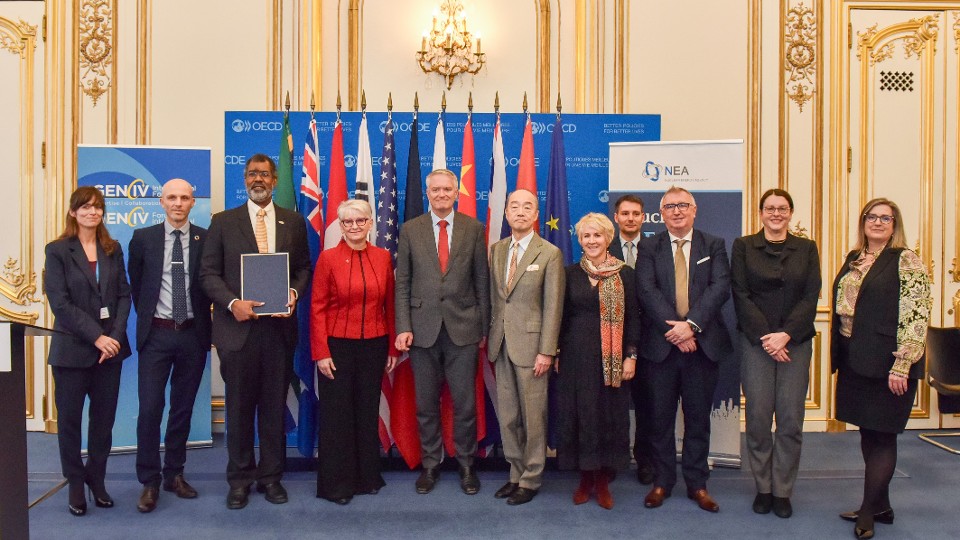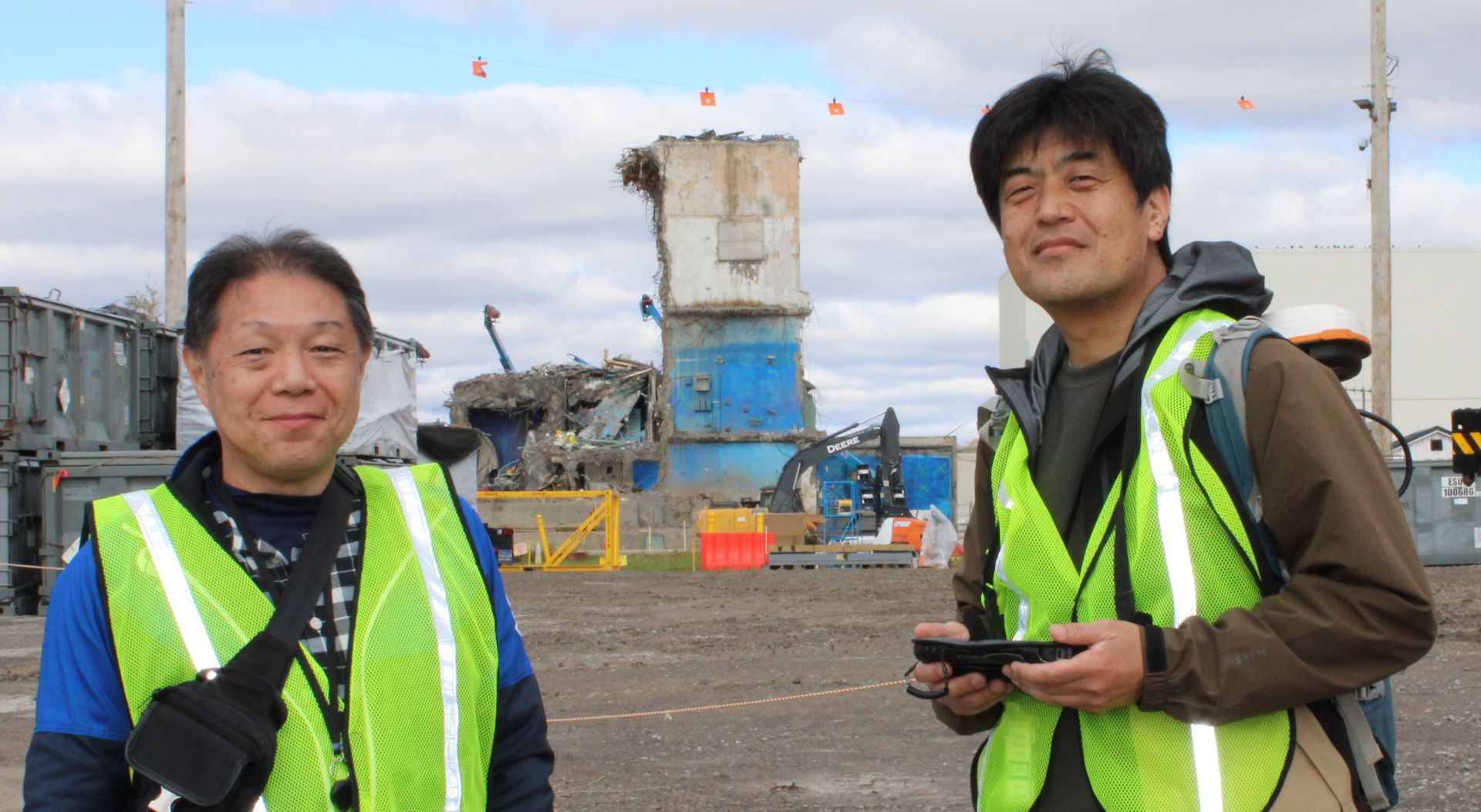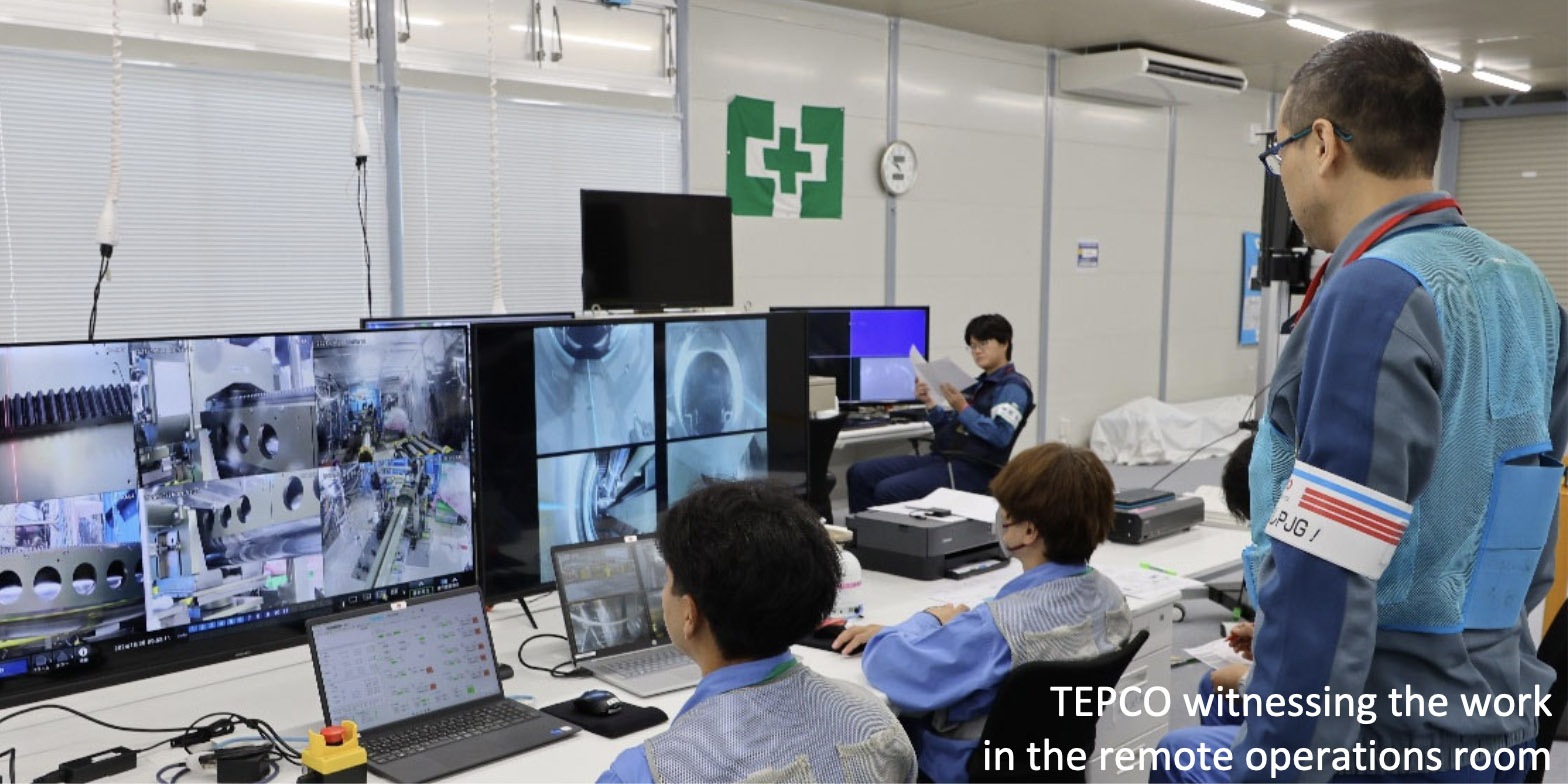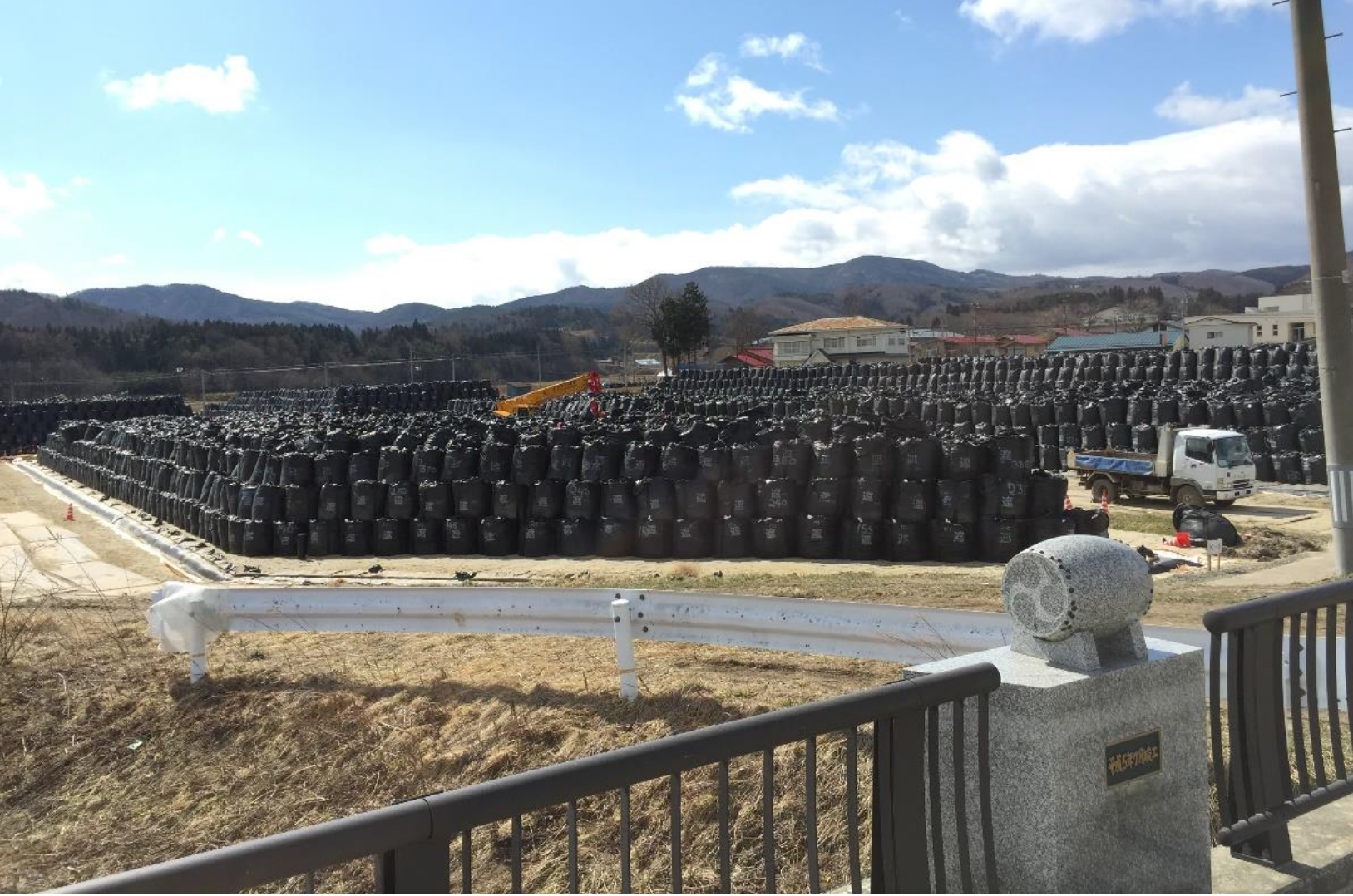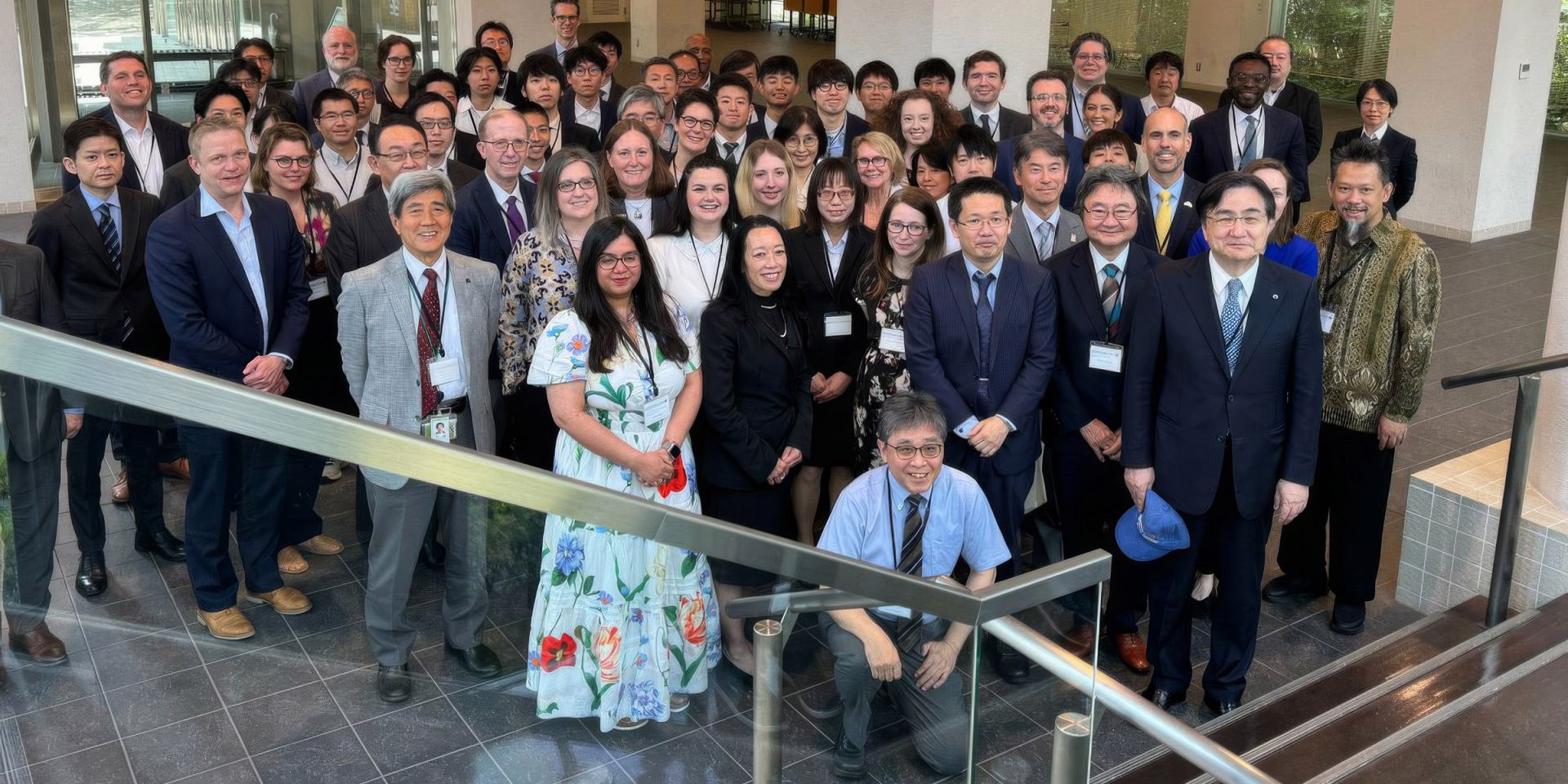Kashiwazaki-Kariwa nuclear power plant (Credit: Tepco)
Hideyo Hanazumi, governor of Niigata Prefecture in Japan, has approved the restart of two reactors at Kashiwazaki-Kariwa nuclear power plant. The seven-unit facility, operated by Tokyo Electric Power Company, is the largest nuclear power plant in the world. It has been shut down since the March 2011 earthquake and tsunami struck the country, severely damaging TEPCO’s Fukushima Daiichi plant.
JNFL’s Rokkasho uranium enrichment plant. (Photo: JNFL)
President Trump is in Japan today, with a visit with new Prime Minister Sanae Takaichi on the agenda. Takaichi, who took office just last week as Japan’s first female prime minister, has already spoken in favor of nuclear energy and of accelerating the restart of Japan’s long-shuttered power reactors, as Reuters and others have reported. Much of the uranium to power those reactors will be enriched at Japan’s lone enrichment facility—part of Japan Nuclear Fuel Ltd.’s Rokkasho fuel complex—which accepted its first delivery of fresh uranium hexafluoride (UF₆) in 11 years earlier this month.
Company and JAEA representatives celebrate the signing of the D&D contract. (Photo: Babcock International)
U.K.-based Cavendish Nuclear, a subsidiary of Babcock International, will work with Amentum on the next phase of work supporting the decommissioning of Japan’s Monju prototype fast reactor under a contract awarded by the Japan Atomic Energy Agency.
Sellafield Ltd.’s Euan Hutton (left) and TEPCO’s Akira Ono extend a cooperative agreement between the two companies. (Photo: TEPCO)
The U.K.’s Sellafield Ltd. and Japan’s Tokyo Electric Power Company have pledge to continue to work together for up to an additional 10 years, extending a cooperative agreement begun in 2014 following the 2011 tsunami that resulted in the irreparable damage of TEPCO’s Fukushima Daiichi plant.
IAEA personnel check a sample of Fukushima’s ALPS-treated water. (Photo: TEPCO)
An International Atomic Energy Agency task force has confirmed that the discharge of treated water from Japan’s Fukushima Daiichi nuclear power plant is proceeding in line with international safety standards. The task force’s findings were published in the agency’s fourth report since Tokyo Electric Power Company began discharging Fukushima’s treated and diluted water in August 2023.
More information can be found on the IAEA’s Fukushima Daiichi ALPS Treated Water Discharge web page.
NEA director general William Magwood (left) and JAEC chair Mitsuru Uesaka lead a STEM workshop in Japan. (Photo: NEA)
The ninth International Mentoring Workshop in Japan was hosted recently by the OECD Nuclear Energy Agency in partnership with the Japan Atomic Energy Commission. Held at the Wakasa Bay Energy Research Centre (WERC) in Tsugura, Fukui Prefecture, the workshop brought together 26 Japanese female high school students to explore career options in STEM and nuclear energy fields.
Fuel debris sample taken from Fukushima-2. (Photo: TEPCO)
Tokyo Electric Power Company has released the results of its initial analysis of a sample of nuclear fuel debris from Unit 2 of Japan’s damaged Fukushima Daiichi nuclear power plant. The sample, which measured around 5mm by 4mm and totaled 0.187 grams, was taken from the floor of the reactor pedestal during a second trial removal of fuel debris conducted in April.
A worker replaces the end jig used to collect fuel debris samples from the damaged Fukushima reactor. (Photo: TEPCO)
Tokyo Electric Power Company is scheduled this week to begin retrieving a second sample of nuclear fuel debris from Unit 2 of Japan’s damaged Fukushima Daiichi nuclear power plant. This second retrieval comes after TEPCO improved the telescopic device used to gather samples.
The IAEA’s Rafael Mariano Grossi (far right) and other IAEA experts joined scientists from China, South Korea, and Switzerland as they collected seawater samples near the Fukushima Daiichi nuclear power plant. (Photo: Dean Calma/IAEA)
International Atomic Energy Agency director general Rafael Mariano Grossi visited Japan’s Fukushima Daiichi site on February 19, where he joined scientists from the Third Institute of Oceanography in China, the Korean Institute for Nuclear Safety in South Korea, and the Spiez Laboratory in Switzerland in collecting seawater samples from a boat near the damaged nuclear power plant.
William D. Magwood IV, director general of the OCED NEA, holds the framework agreement for the Generation IV International Forum. Magwood is joined by others who attended the agreement’s signing ceremony. (Photo: OECD NEA)
Japanese research scientists Sadao Momota (left) and Minoru Tanigaki conducted surveys at the West Valley Demonstration Project to test their radiation detectors. West Valley’s Main Plant Process Building, which is undergoing deconstruction, is shown in the background. (Photo: DOE)
Two research scientists from Japan’s Kyoto University and Kochi University of Technology visited the West Valley Demonstration Project in western New York state earlier this fall to test their novel radiation detectors, the Department of Energy’s Office of Environmental Management announced on November 19.
Radioactive decontamination waste is held in temporary storage in Iitate Village, Fukushima Prefecture, in 2019. (Photo: O. Evrard, J. P. Laceby, A. Nakao/Wikimedia Commons)
The International Atomic Energy Agency has found that Japan’s planned approach for recycling and disposing of soil and radioactive waste from decontamination activities after the 2011 Fukushima Daiichi nuclear accident is consistent with the agency’s safety standards.
Tohoku University’s Sakura Hall was the site of a workshop coffee break and photo op. (All photos: University of Michigan/Tohoku University)
Tohoku University in Sendai, Japan, was the site of an advanced nuclear reactor workshop in late May that was hosted by the Fastest Path to Zero Initiative of the University of Michigan and Tohoku’s Center for Fundamental Research on Nuclear Decommissioning. The event was co-organized by the U.S. Consulate in Sapporo, Japan, and the Atlantic Council, which is associated with the North Atlantic Treaty Organization. The workshop, “The Potential Contribution of Advanced Nuclear Energy Technologies to the Decarbonization and Economic Development of Japan and the U.S.,” featured numerous American and Japanese academic authorities, government policymakers, executives of utilities and advanced reactor developers, and leaders of nongovernmental organizations. Also participating were students from both the University of Michigan and Tohoku University.



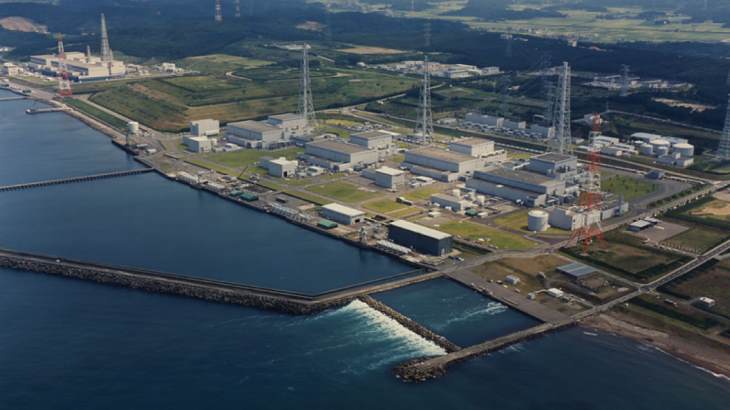_70610.jpg)

